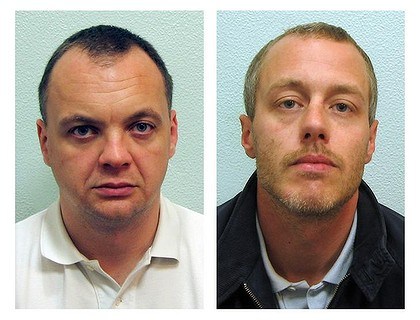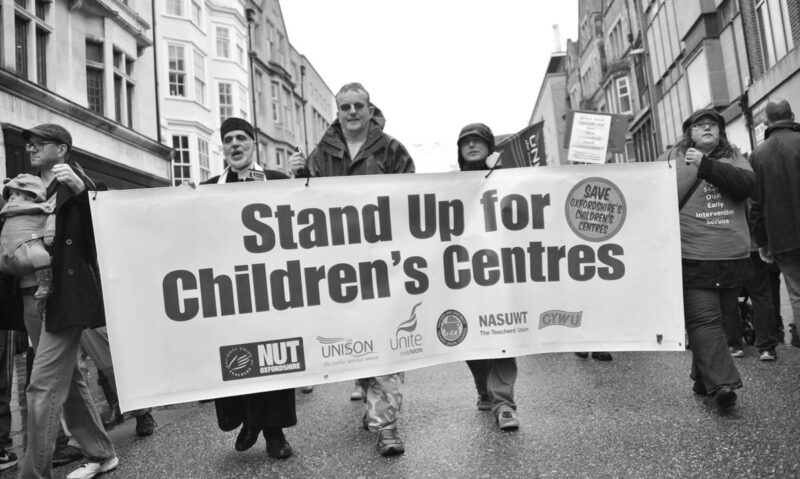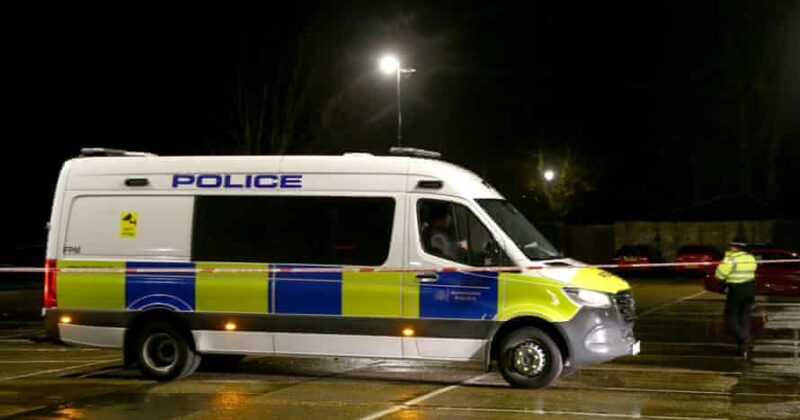Stephen Lawrence: racism, lies and reluctant justice
After nearly 20 years two murderers have been convicted of a racist killing. But, Haleema Jamal asks, why did justice take so long, and have things really changed?

ON THURSDAY 22 April 1993, a young man was murdered in a racist attack while waiting for a bus in South–East London.
After nearly two decades of incompetence, inquiries and retrials, two men have been found guilty of murder. The student was Stephen Lawrence, murdered because of the colour of his skin. The guilty men were petty criminals and racists Gary Dobson and David Norris.
The case exposed the systematic discrimination that infected the police force to its core – what would become known as institutional racism. This engrained racism was condemned by a major inquiry, but 18 years after Lawrence’s death, young Blacks are still up to 26 times more likely to be stopped and searched by the police.
Ironically Stephen’s brother Stuart was stopped 20 times as a criminal suspect while the police were failing to find the murderers.
The depth of corruption exposed by the investigation and the campaign mounted by Lawrence’s family and supporters turned one family’s tragedy into a national disgrace.
Initially five suspects were arrested but none were convicted. The murder had a clear racist motive; as Gary Dobson and his racist gang approached the bus stop, they repeatedly shouted “nigger” before surrounding Lawrence and stabbing him twice, fatally.
Both Dobson and fellow gang member David Norris were later recorded on film calling for the mass murder of black and Asian people, while Dobson postured with a knife and demonstrated how he would like to kill ethnic minorities.
The handling of the case by the police then lead to the Macpherson Inquiry, which concluded that the police force was institutionally racist. The fact that the Lawrence family had to make a private prosecution (which failed) and then campaign for a public inquiry into the murder stands testimony to the police’s systematic inaction when it comes to black people’s lives.
The conviction is a historic moment. But it is tempered by the knowledge that the remaining members of the murderous gang remain at liberty. And those police officers, who consciously obstructed the investigation and sheltered the guilty, must be brought to face justice.
The more things change…
Yet, for all the self–criticism in the wake of Macpherson, stop–and–search by police still disproportionately affects young black men. The police’s own statistics reveal that black and Asian men are three times more likely to be searched than their white counterparts.
However, recent research by the LSE and Open Society Justice Initiative has found that the real factor is 26. Yet arrest rates remain marginal: roughly one in 50.
This prejudice is fuelled by racist assumptions about the behaviour of black and Asian people. These assumptions were echoed in the recent coverage and responses to the August Riots where celebrity historian David Starkey claimed, “the whites have become black”.
This used the underlying idea of a particular crime–based and inherently negative “black culture” to stigmatise and stereotype all black people.
There is no doubt that racist ideas are increasing in Britain today. As the recession deepens, people facing financial and social pressures are looking for somebody to blame. As the bankers and politicians who plunged the world into crisis demand ever more punitive cuts to refloat their profit–machine, the class of millionaires, bankers, and their political parties must divert popular anger onto a weaker enemy, one less capable of resisting the attacks of the media, police and political institutions.
There is a clear divide and rule tactic encouraging white workers to blame their black and Asian co–workers and neighbours for the lack of jobs, housing and decent public services. This is exacerbated by the fact that there is an average of seven people competing for each job. But if the working class unites against its real enemy – the bosses – it could spell the end for the coalition government and its austerity programme.
Doreen Lawrence, Stephen’s mother and a tireless campaigner against racism, made the point in an interview in The Guardian: “It is the working class and black people who are going to suffer the most – they are at the bottom of the ladder.”
The rise of racist and nationalist rhetoric from politicians provides cover for fascist groups, like the English Defence League, to grow. Violent racist attacks remain common in Britain, with an average of five people losing their lives every year in racially motivated murders.
Racism remains…
So eighteen years after the murder of Stephen Lawrence, and as racism is whipped up to disorganise resistance to the destruction of our jobs and services, can we really say that the police are less racist?
An unequivocal ‘no’ is the answer. For proof you only have to look at the police response to the murder of Indian exchange student Anuj Bidve. Anuj, who was visiting Manchester over the Christmas period and was shot point blank in the head in an unprovoked attack by two white men. His family have complained about their treatment at the hands of the British authorities. His parents found out through Facebook about their son’s death. Delivery of his body to India has been delayed.
Bidve’s parents commented in the aftermath of the murder: “It is extremely disappointing the way we have been treated. We still don’t know what course of action was taken by the British police when they were informed of the attack. We don’t know what hospital he was taken to, what treatment he received or whether he was taken there in time. We are told it took half an hour and that that is not normal for the UK. If there was a delay in taking him, why did that happen?”
The treatment of Bidve’s remains and his family betrays the same sort of ambivalence and reluctance to act as was displayed by the Met during the Stephen Lawrence case.
Ultimately, reports and enquiries, however important as part of a wider struggle, will not stamp out racism for good. Racism is deeply entrenched in our society today.
The institutional racism still displayed by the police is part and parcel of their role in society: the paid defenders of capitalist exploitation, standing between the mass of normal working class people and the bosses, bankers and their government.
Racism is so deeply ingrained in capitalist society because, fundamentally, the class system needs to divide us in order to survive. Racist ideas justify inequality and spread the illusion that people of different races cannot unite around common aims. But the truth is, we are united – black, white, Asian, Jew, or Muslim – as working class people, not just in Britain but internationally.
The only way to defeat racism and condemn it to the dustbin of history is to overcome the exploiters’ attempts to divide us by organising together against capitalist exploitation itself, against all discrimination, against every incident of police and racist violence, and against every cut in our jobs and public services meted out by this rotten government of millionaires.









